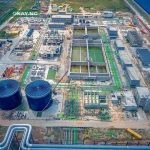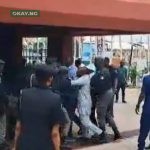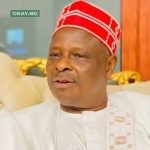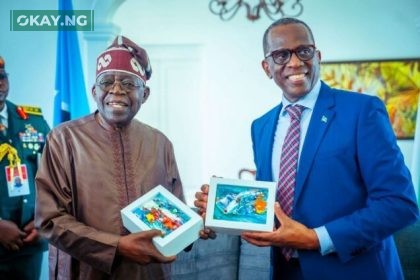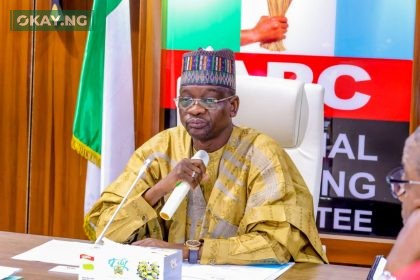Fisayo Soyombo, the founder of the Foundation for Investigative Journalism (FIJ), has disclosed shocking revelations about oil bunkering in Nigeria following his recent release by the Nigerian Army.
In his first interview, aired on Arise TV on Saturday, Soyombo explained that he was conducting an undercover investigation when he was detained.
The investigative journalist alleged the involvement of security operatives in facilitating illegal oil bunkering activities, describing the system as deeply compromised.
“It would shock you the kind of people who escort illegal oil bunkerers out of Port-Harcourt,” Soyombo stated. He criticized the Army spokesman for jeopardizing his safety by publicly linking his arrest to oil bunkering activities.
While acknowledging the presence of upright officers in the military, Soyombo called for a thorough cleansing of saboteurs enabling oil theft. “There are clean men in the military, but we need to clean up the saboteurs who enable oil bunkerers to thrive,” he said.
Soyombo revealed that during his undercover work, he observed staggering levels of crude oil theft. He claimed the true scale of oil theft in Nigeria is significantly underestimated, citing an instance involving 50,000 barrels of crude oil.
“The crude we were to move was for 50,000 barrels. If the man who got annoyed that he wasn’t bribed didn’t talk, we would have had two trucks moved out,” he explained. “There is no institution that can say for a fact the barrels being lifted daily.”
Soyombo lamented the systemic issues in the oil sector, accusing not just the bunkerers but also supervisors of the sector of contributing to the crisis. “It is not only oil bunkerers that are thieves but those who are also meant to supervise the sector. What we would need is an overhaul of the system,” he said.
Despite the risks associated with his investigative work, Soyombo vowed to continue exposing wrongdoings to safeguard public interests. “People have to know that in their country they can be safe, and we need to expose these wrongdoings,” he added.






